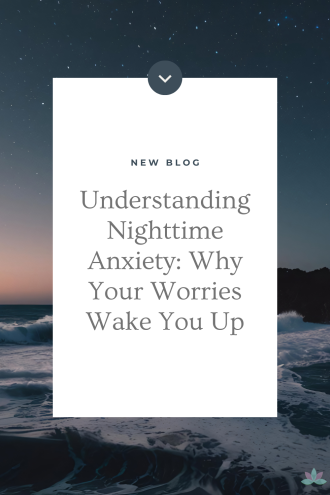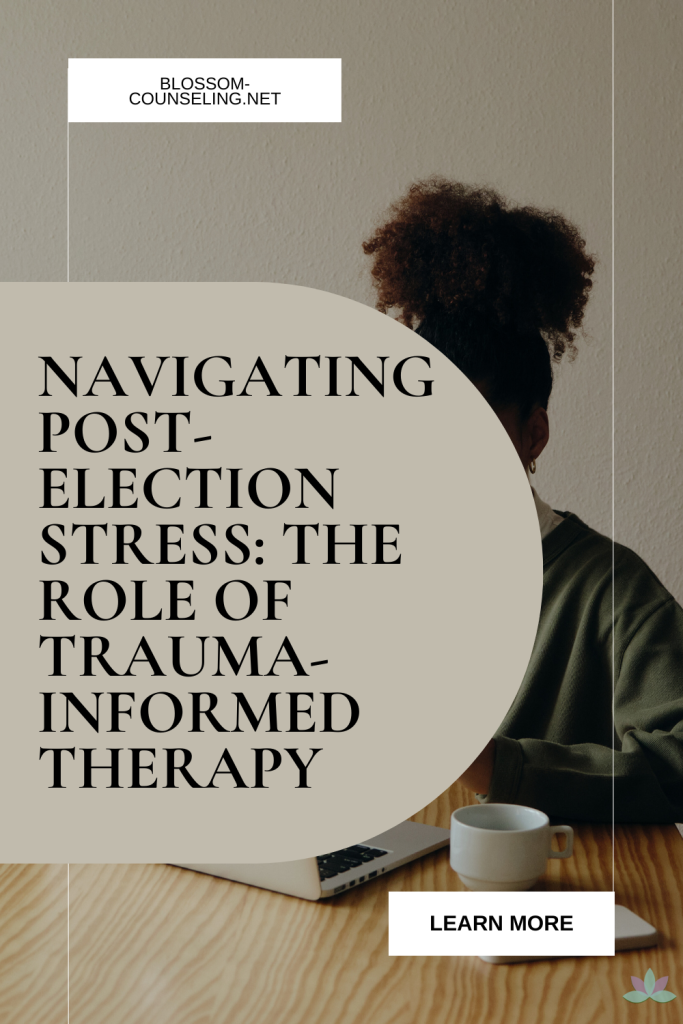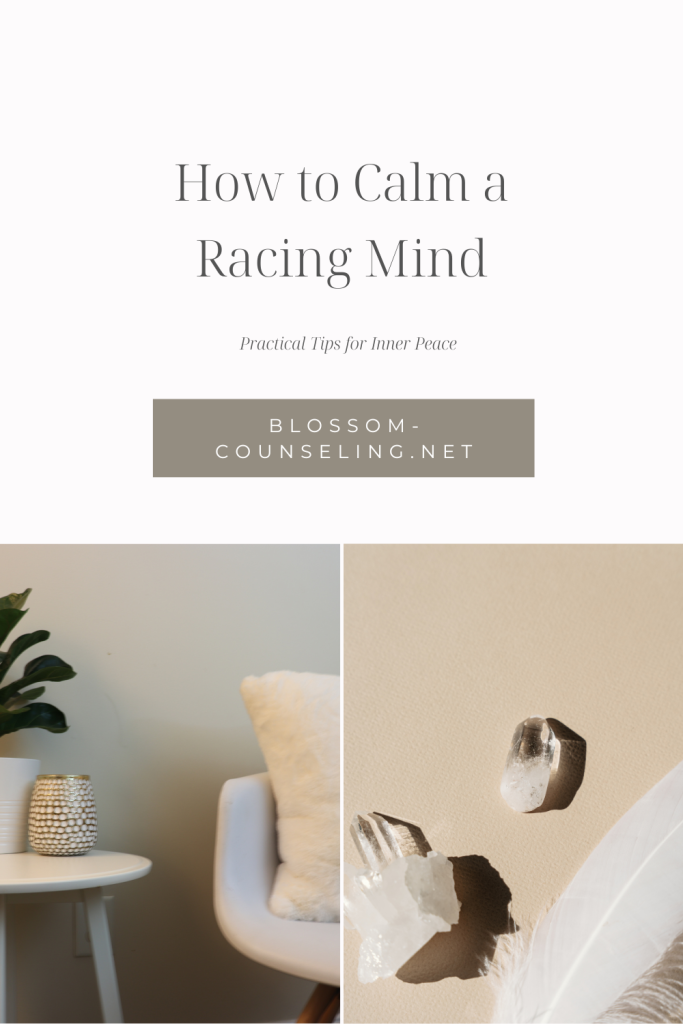
Ever find yourself staring at the ceiling at 2 a.m., running through a never-ending list of worries? If so, you’re not alone. Nighttime anxiety is a common experience, turning what should be a restful night into a prolonged bout of tossing and turning. Let’s unpack why anxiety seems to hit hard at night and what you can do to soothe your restless mind.
The Nighttime Brain: A Different Beast
First, it’s important to understand that our brain doesn’t switch off when we do. In fact, one might argue it switches gears. During the day, we’re often distracted by work, people, and endless to-dos. Come night, when it’s just us and the quiet, those distractions fade away, and our thoughts become louder. For those with anxiety, this lack of distraction can make nighttime the prime time for worries to parade around the mind.
The Role of Stress Hormones
Cortisol, commonly known as the stress hormone, typically peaks at dawn after tapering off during the early sleeping period. However, if you’re stressed, your cortisol timetable might be off, leading to heightened levels at night. This imbalance can disrupt your sleep, making you more prone to anxiety.
The Vicious Cycle of Sleep Anxiety
Worrying about sleep is particularly troubling because it can lead to a vicious cycle. The stress of not being able to sleep can keep you awake, which in turn feeds into the cycle of anxiety and sleeplessness. This is often termed sleep anxiety and can be particularly frustrating for those who feel exhausted but unable to rest.
Practical Tips to Ease Nighttime Anxiety
Create a Pre-Sleep Routine: Establishing a calming pre-sleep routine can signal your brain that it’s time to wind down. This might include reading a book, listening to soothing music, or practicing relaxation exercises like deep breathing or progressive muscle relaxation.
Limit Screen Time: The blue light emitted by screens can interfere with your ability to fall asleep. Try to turn off electronic devices at least an hour before bed to help your mind unwind.
Journal Your Thoughts: Writing down your worries can help clear your mind and ease the burden of carrying those thoughts to bed. Make a habit of jotting down what’s on your mind a couple of hours before bed.
Focus on Physical Comfort: A comfortable sleeping environment is crucial. Ensure your bedroom is cool, quiet, and comfortable. Investing in a good mattress and pillows can also promote a better sleep experience.
Consider Cognitive Behavioral Therapy (CBT): If nighttime anxiety is a frequent disruptor of your sleep, CBT might help. This therapy can teach you to manage your anxiety thoughts and develop healthier sleeping patterns.
Understanding Leads to Overcoming
While nighttime anxiety can feel isolating, it’s a shared struggle for many. Understanding the triggers and mechanisms of nighttime anxiety is your first step toward reclaiming your night and ensuring that your days aren’t overshadowed by tiredness. With the right strategies and support, you can turn those restless nights into peaceful slumber.
Our team of compassionate therapists is here to help you find the support you need. We believe in a holistic approach, treating your mind, body, and spirit. With a blend of traditional and alternative therapies, we tailor your experience to meet your unique needs. At Blossom, we create a non-judgmental space where you can be your authentic self. Our goal is to empower you, amplify your strengths, and help you create lasting change. Together, we’ll navigate life’s challenges and help you bloom, grow, blossom! You deserve to become the best version of you.




